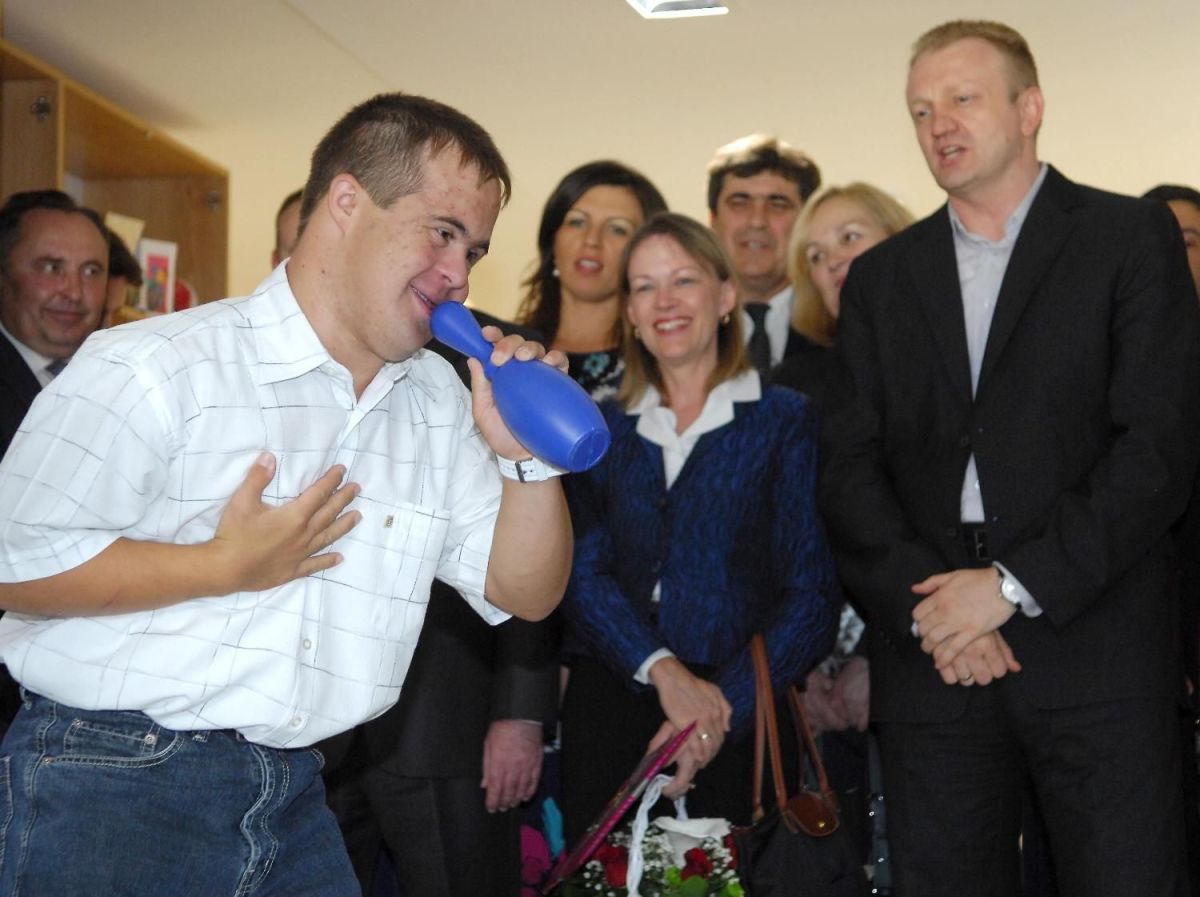The Problem with Free Market Health Care
The von Mises Institute is a school of thought dedicated to economic principles propounded by Ludwig von Mises. There are several articles there relating to health care which I found interesting. This hub is about some of the problems as I see them of applying the economic principles of this school of thought, to health care.
Sovereignty
The man himself, von Mises, said
“On the market of a capitalistic society the common man is the sovereign consumer whose buying or abstention from buying ultimately determines what should be produced and in what quantity and quality. “
(Ludwig von Mises- The Anti-Capitalistic Mentality-p1)
The formation of monopolies, cartels, oligopolies, barriers to entry, price fixing, predatory pricing etc. stems from corporate entities trying to (because of their very nature) counterbalance the consumer power von Mises talks about. To remove or reduce the “sovereignty” of the customer.
Optimum profit is what drives capitalism. A totally free market where the consumer is king is not conducive to optimum profit. So the idea of a totally free market is self defeating. Corporate entities will always be trying to turn a totally free market into a controlled market. For those doing the controlling, such a market is more profitable. Simply put, people will always cheat to profit.
So the question is not: regulated market or free market? The question is: regulated market (by state in favour of consumer, represented by many), or controlled market (by corporation in favour of profit, represented by few). The solution being proposed I believe sits somewhere between the two, but is aimed generally at giving consumers back that “sovereignty” that was lost to corporations and bad government policy.
De-humanization
A market controlled by the corporations is problem enough in any industry, but the problem becomes intolerable when it relates to the care and well-being of people, which should hold special status. And therein lies another problem with this approach.
Fail to make a distinction, let profit be the main driver in health care as apposed to the virtue of keeping people healthy and you effectively dehumanize people, whose health becomes no more than a commodity. The logical conclusion being that life itself (the product of health) is a commodity. The dimminishing of the human to that of commodity is one of the more serious problems of this approach. The speed of descent from this view to callousness is remarkable. Hans-Hermann Hoppe of the von Mises institute had this to say:
“Subsidies for the ill and diseased promote carelessness, indigence, and dependency. If we eliminate such subsidies, we would strengthen the will to live healthy lives and to work for a living. In the first instance, that means abolishing Medicare and Medicaid”
(Hans-Hermann Hoppe - A Four-Step Healthcare Solution)
Such sentiments can either be covered with a benevolent veneer of “helping” people be self sufficient and stand on their own two feet, or be justified by rationalisations like the theory that an “invisible hand” regulates a free market and allows people to benefit the common good by being individualists.
Praising Mammon
Neither of those can take away the essence of the above statement, or disguise the mainstay of the whole approach: selfishness and greed. That is the biggest problem with the free market approach in my opinion. It promotes selfishness and greed. It gives creedance to what the character Gordon Gekko said in the film Wall Street:
“ . . . greed, for lack of a better word, is good. Greed is right. Greed works. Greed clarifies, cuts through, and captures the essence of the evolutionary spirit. Greed, in all of its forms: greed for life, for money, for love, knowledge has marked the upward surge of mankind. And greed, you mark my words [will save] that other malfunctioning corporation called the USA”
(Michael Douglas as Gordon Gekko - Wall Street)
That speech was based on a coment by Ivan Boesky an American businessman who came to prominance in the eighties. The comment Boesky made was:
"Greed is all right, by the way. I want you to know that. I think greed is healthy. You can be greedy and still feel good about yourself."
(Ivan Boesky - Commencement Address, University of California, 1986)
Months later he recieved a ten-year prison sentence for fraud and illegal market manipulation.
A system based on greed is not sustainable. And it isn’t good enough to extol faith in the “invisible hand”. Indeed that metaphore itself has it’s own problems. Economist Joseph E. Stiglitz wrote: "the reason that the invisible hand often seems invisible is that it is often not there." If it’s not then, all you're left with is the greed and individualism. Anyone can see the fruits of those two human characteristics if they look at the current world financial crisis.
Part of the Puzzle
A degree of rationalization is needed to lower costs of health care. That’s recognized in the proposed reform, but the overall goal of the proposed health care reform is universal, affordable coverage, not profit. The driving force of a free market system is profit. Trusting market forces to regulate the system places a lot of trust in the laws of economics but, as history shows, it's all too easy to cheat to gain an advantage at the expense of others.
The issue is multi-faceted no doubt. Economic theory plays a part, but only a part. It’s sensible to bring the knowledge and expertise of economists to bear on the issue, but such expertise must be part of a wide ranging approach that encompasses all that we have to offer. Our intellect and understanding as well as our imagination, spirit, and, dare I say it, love.
Intellect and understanding tempered by those other aspects of our nature, applied in a pragmatic way is what I think the health care proposals are about. The von Mises school of thought has some interesting elements. But when we start trying to implement policies in support of some “ology” or “ism” or economic theory or school of thought and we focus our solution solely around that, then we become rigid, dogmatic and doctrinaire, and that's a starting point that leads to some very nasty places.








